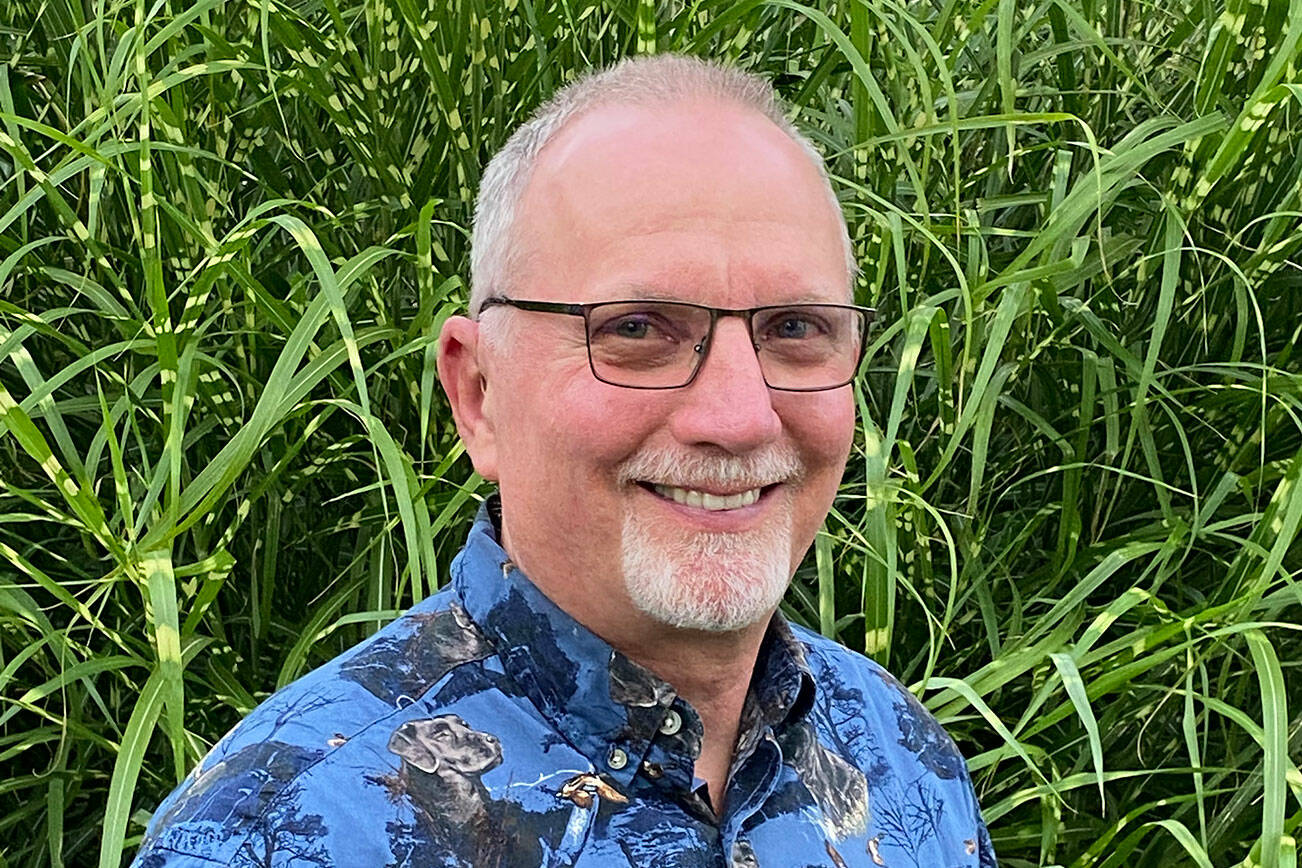Grief is a fact of life. How do you deal with it?
Nearly forty years ago I had a friend whose name was Ken. He got cancer in his thirties. It eventually killed him. I reacted to his sickness by avoiding him. Death was too scary and too close for me to deal with, so I made up excuses in my head why I shouldn’t keep in contact. I wasn’t a very good friend.
At his funeral I saw his brother who looked very much like Ken. It brought back painful memories of how I had failed him. I decided I needed to change my approach to grief. I read a book by Elizabeth Kubler-Ross and attended her lecture in Seattle. She is the researcher who came up with the four stages of grief: Denial, anger, depression, and eventual acceptance. She later wished she hadn’t used the phrase “stages” because it gave people the understanding that these phases are orderly and progressive; one stage leads to the next. In actuality, they can come in any order and reoccur again and again.
Each person reacts to grief in a different way. How long grief lasts can vary with the person. It doesn’t just go away. Grief can last for years, coming back in flashbacks of painful memory.
Here are a few of the insights I learned recently about grieving that might help you. Many of the insights come from the book : “Companioning the Bereaved: A Soulful Guide for Caregivers”, by Alan D. Wolfelt, PhD.
Tenet #1:
“Companioning is about being present to another person’s pain. It is not about taking away the pain.” I have a tendency to want to “fix” things—to make things better. I tend to feel responsible. The problem is that grief can only be fixed by the grieving person. All I can do is walk alongside the griever as a companion.
Tenet #9:
“Companionship is about respecting disorder and confusion; it is not about imposing order and logic.” I tend to be an orderly and analytic thinker. While these qualities are helpful in many areas, they often get in the way when someone is in grief. It’s better to feel someone else’s pain, to feel empathy, rather than try to problem solve them out of their grief.
Tent #10:
“Companioning is about learning from others; it is not about teaching them.” I have found this approach to be very helpful. A teacher has training and thus has more knowledge than someone else. When it comes to grief, it’s better to try to understand how that person sees their world. It means listening and reflecting.
This is true in many areas. When my children were in their early teens, I read a parenting book that taught me that rather than directing my kids to act and think like I did, I would listen to them and find out what their interests and thoughts were. I would then work to help them reach their goals rather than achieving my goals for them. That’s an example of what Wolfelt would call “companioning”. This approach works when raising children, and it works when someone is in grief.
Tenet #11:
“Companioning is about compassionate curiosity; it is not about expertise.” This tenet is closely related to Tenet 10. I have said many times that maturity is made up of self-awareness, self-control, and especially, humility. When it comes to someone else grieving, none of us are really experts. Each person’s life experiences are uniquely theirs. Our solutions may not work for them. Approaching a grieving person requires us to try to understand them—their thoughts and feelings—rather than take away their pain.
Sometimes we want to end another’s grieving because it makes us uncomfortable. We want to solve their problem so we don’t have to deal with our own discomfort. The issue becomes about us rather than about them.
Grieving is a fact of life. I hope you will consider changing your paradigm about grief from treating that person to becoming a companion to them. We humans are complex creatures. We all suffer grief and loss. Give to the griever what you yourself would appreciate in your time of pain.


